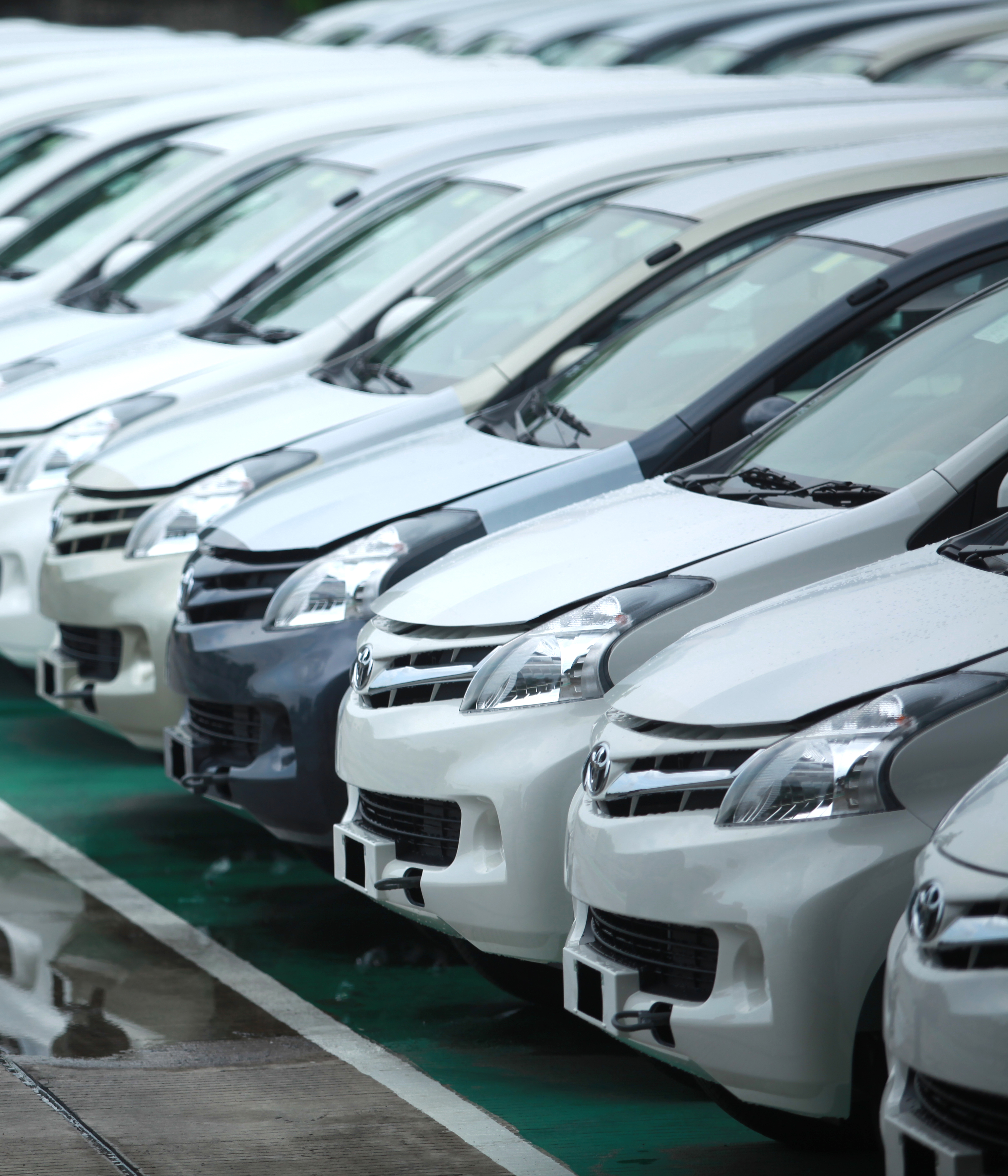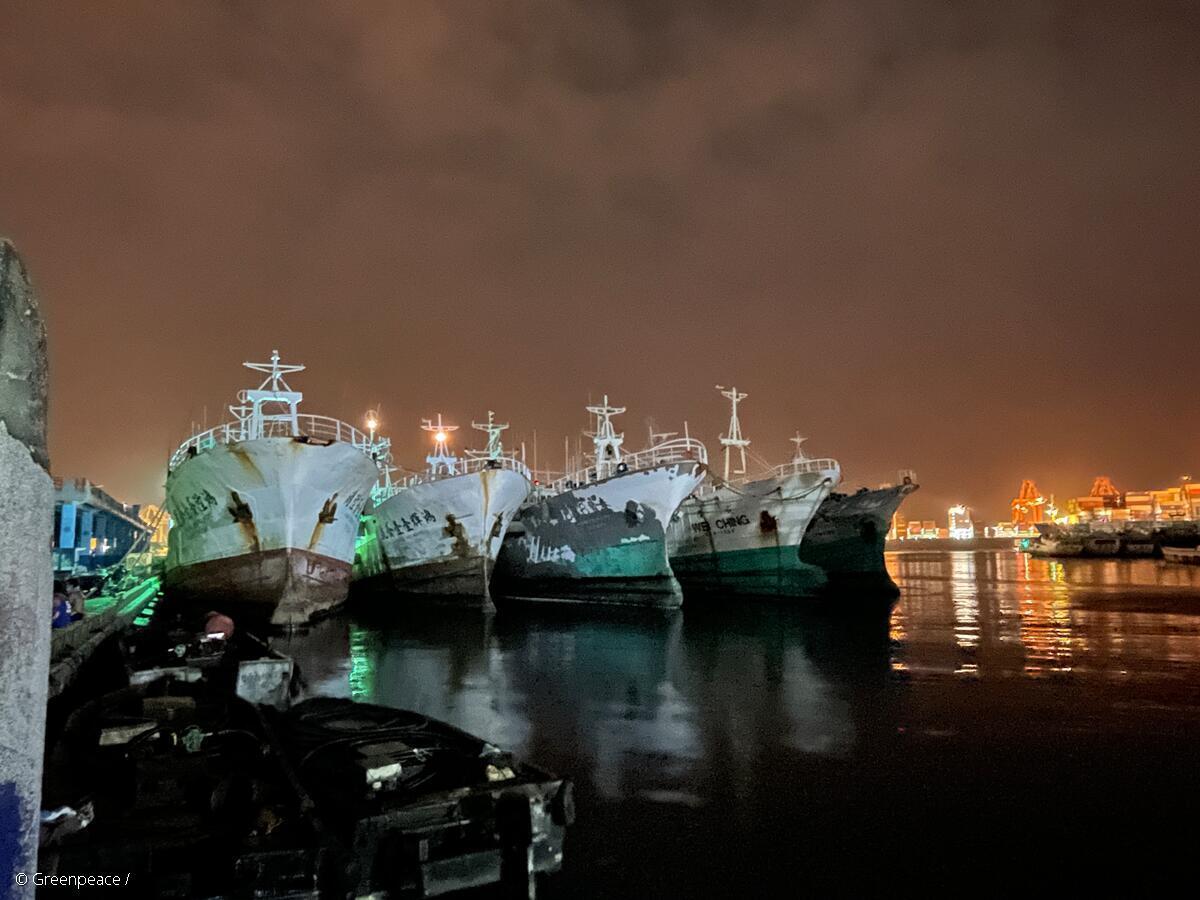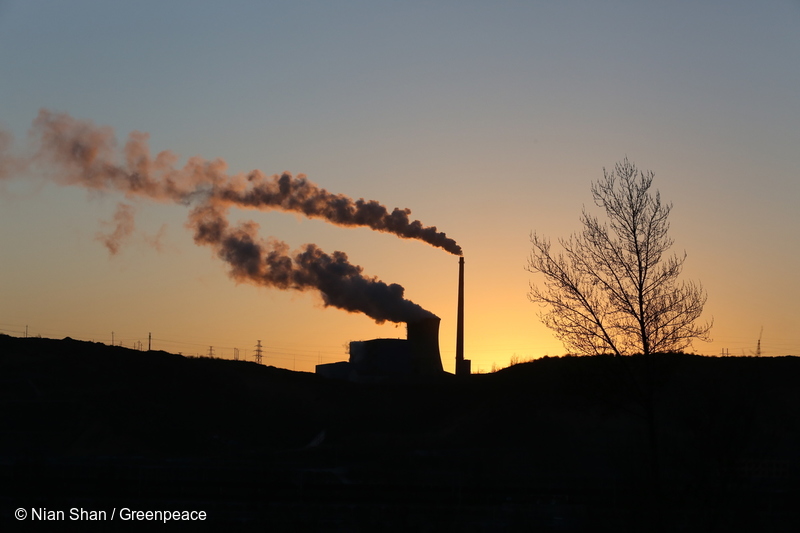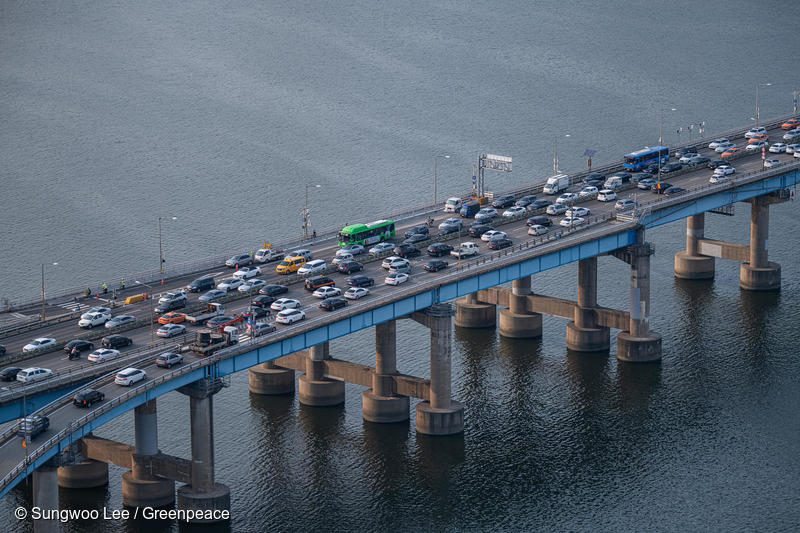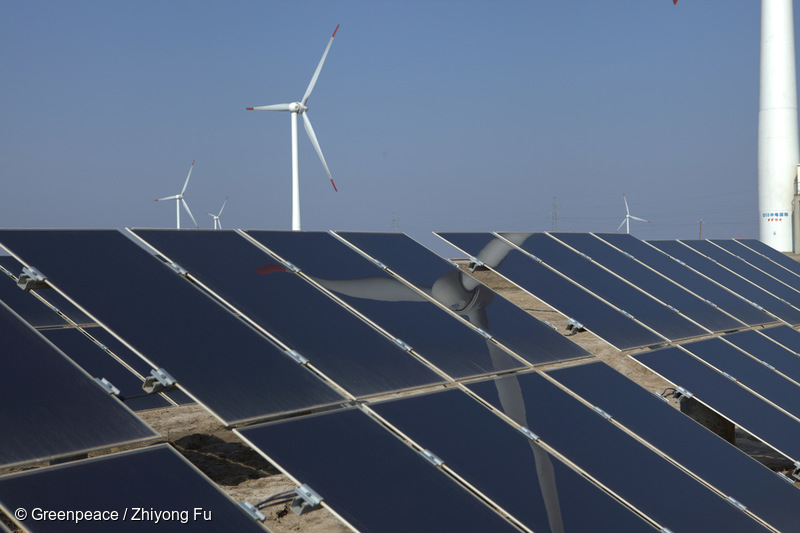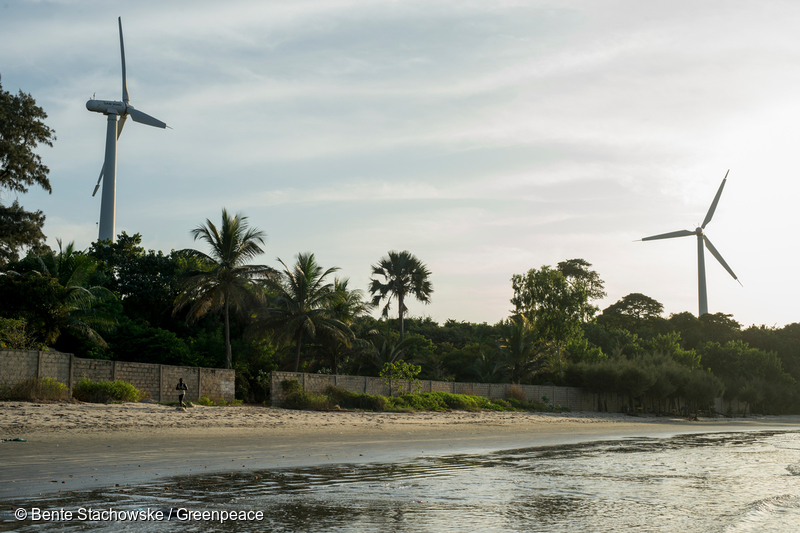All articles by Greenpeace East Asia
-
First stage of Hong Kong ban on single-use plastics in 2023 is now in sight!
Thanks to your support, we have successfully urged the Hong Kong government to respond to our call for a complete plastic-ban by 2025.
-
Global EV sales double; Nissan and Honda drop in Greenpeace Auto Ranking
Nissan and Honda fell three places in Greenpeace East Asia’s latest auto industry ranking due to their slow transition to zero-emission vehicles.
-
Investigation finds suspected human rights abuse by suppliers of major US and Taiwanese seafood company – Greenpeace
Major US seafood brand Bumble Bee and its Taiwanese owner, tuna trader FCF, are suspected to have illegal fishing and human rights abuse in its supply chain,
-
Plans for new coal plants in China rebound, with 8.63 GW approved in the first quarter of 2022
Provincial governments across China approved plans to add a total 8.63 gigawatts (GW) of new coal power plants in the first quarter of 2022 alone, already 46.55% the capacity approved throughout 2021, new research from Greenpeace East Asia’s Beijing office shows.
-
China’s car industry set to overshoot Net-Zero emissions pathway: Greenpeace
New research from Greenpeace East Asia calculated emissions pathways for China’s car industry, which is on track to peak carbon emissions in 2027 but plateau…
-
Beijing Olympic Committee releases sustainability report
13 January, 2022, BEIJING – The Beijing Winter Olympics Committee released a “Beijing Winter Olympics Sustainability Development Report (pre-game report),” presenting the current state of sustainable development work surrounding the…
-
JD.com falls behind Alibaba in Greenpeace’s China e-commerce ranking, while Pinduoduo sits in last place
BEIJING, 6 January, 2021 – Analyzing climate change-related policies and actions from Alibaba, JD.com, Pinduoduo, Vipshop, Suning.com, NetEase, and Xiaomi, Greenpeace East Asia’s latest ranking of China’s e-commerce companies showed…
-
Alibaba pledges carbon neutrality in its operations by 2030: Greenpeace response
Alibaba’s Chief Executive Officer Daniel Zhang announced that the tech giant plans to become carbon neutral in its operations by 2030.
-
Greenpeace calls for clear renewable energy targets in China’s overseas investment and aid
In Belt and Road countries, China’s public finance institutions could develop as much as 679.69 gigawatts (GW) of solar power and 26.55 GW of wind power by 2030, effectively cutting 1.8 billion tons of carbon emissions and creating 310,000 new jobs, new research from Greenpeace East Asia shows.
-
3 crucial things Toyota and the rest of the car industry must do for the climate now
The world’s top selling automakers are failing spectacularly to help save the climate. One of the biggest disappointments was Toyota. In a just-released report, Greenpeace East Asia looked at the commitments and actions of the top 10 automakers which represent 80% of the market and found that every single one of them is not doing…



